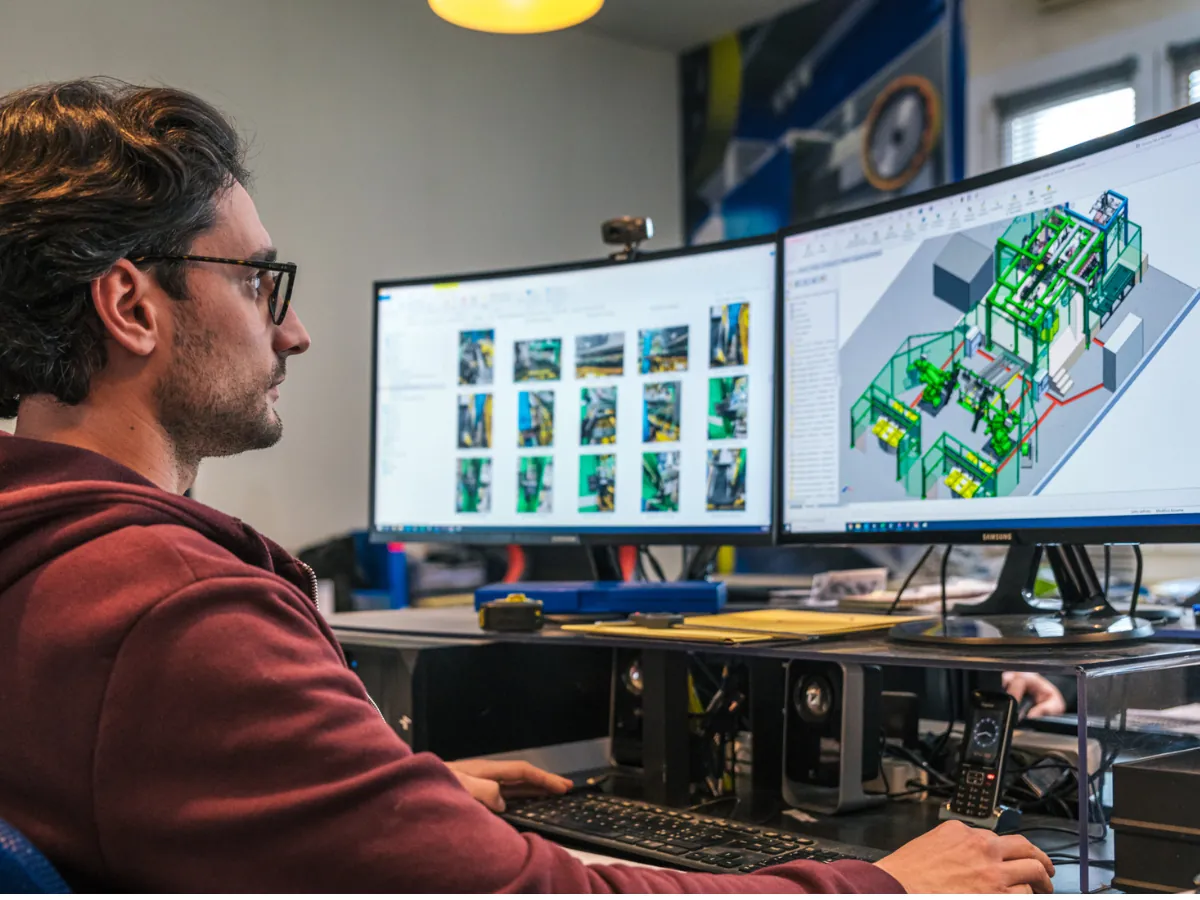The digitization of industrial plants represents a profound transformation affecting every stage of the production process. In an increasingly connected and fast-paced world, relying on digital systems to manage, monitor, and optimize production is not just a technological choice but a strategic necessity to remain competitive.
Digitization is based on the integration of technologies such as the Internet of Things (IoT), artificial intelligence (AI), cloud computing, and Big Data. These solutions allow real-time data collection from every machine or component of the plant, processing it to obtain useful information for operational decisions.
One of the main benefits is complete transparency of the production process. Any anomaly, deviation, or slowdown is immediately detected, allowing for timely interventions. Data can be analyzed to improve line efficiency, identify bottlenecks, or predict maintenance needs.
Moreover, digitization simplifies supply chain management, enabling dynamic and responsive planning. Real-time information allows for quick responses to changes in demand, supplier delays, or other external variables.
From an economic perspective, digital automation reduces waste and optimizes resources. Companies can thus lower operating costs, shorten production times, and improve product quality.
Another significant aspect is the ability to access data remotely. Production managers can monitor plant performance from anywhere, intervening when necessary even off-site. This level of flexibility is crucial in an era where hybrid work is increasingly common.
Finally, digitization paves the way for more sustainable production by enabling the monitoring and reduction of energy consumption, optimizing raw material use, and minimizing waste.


